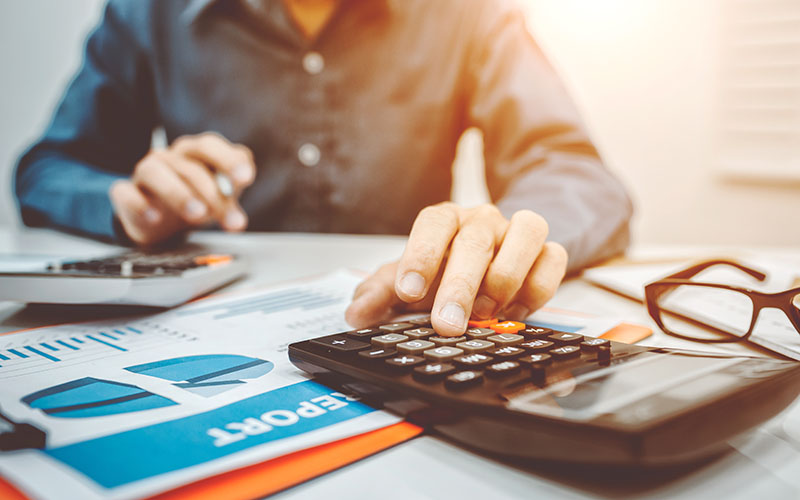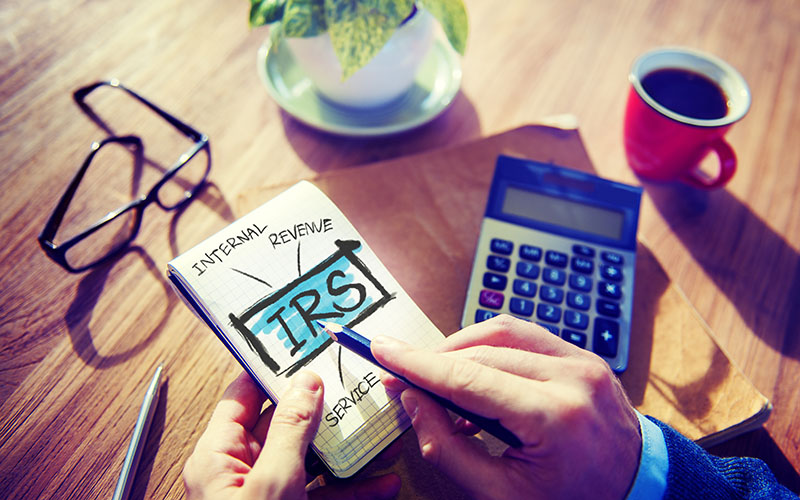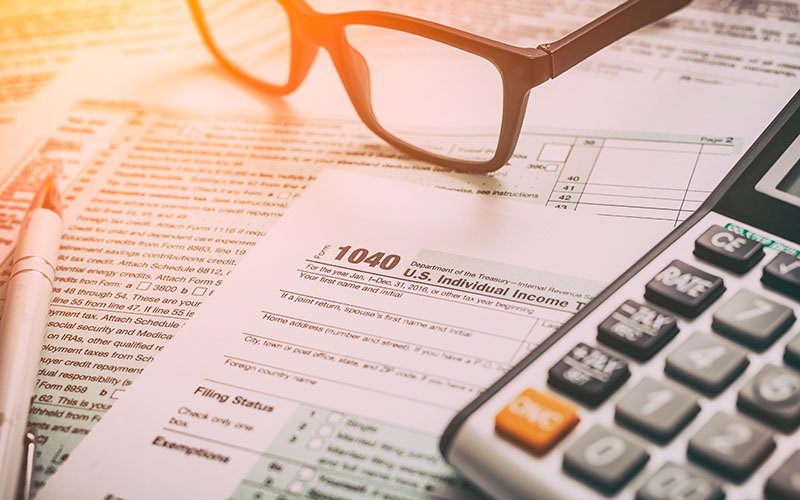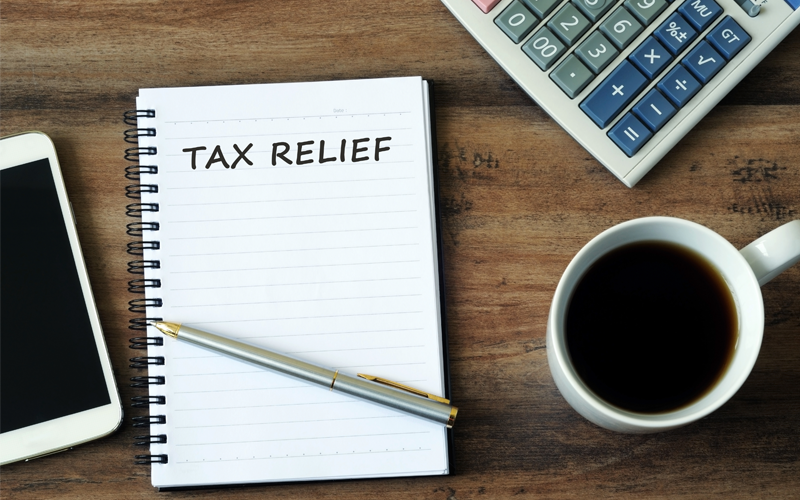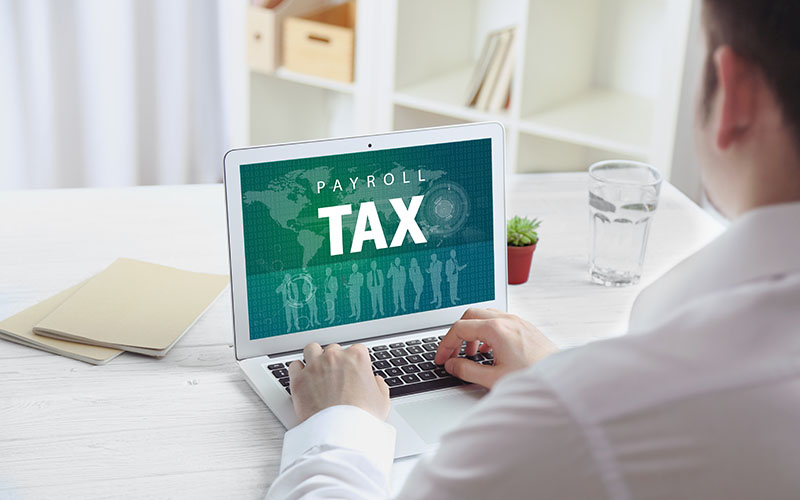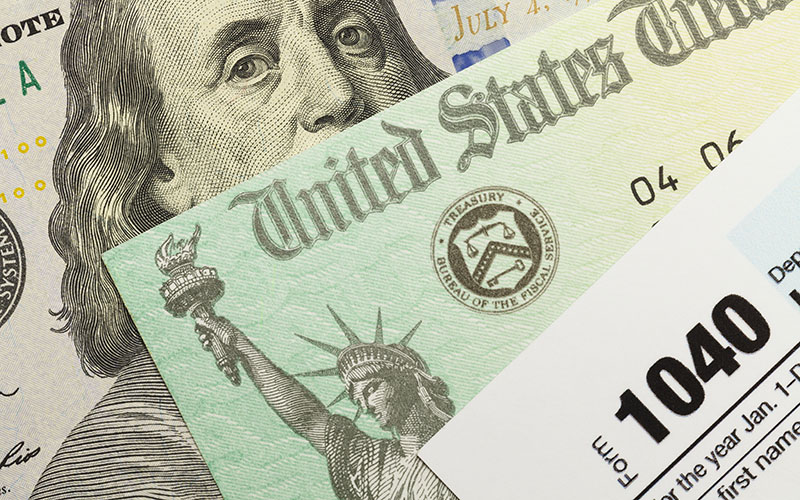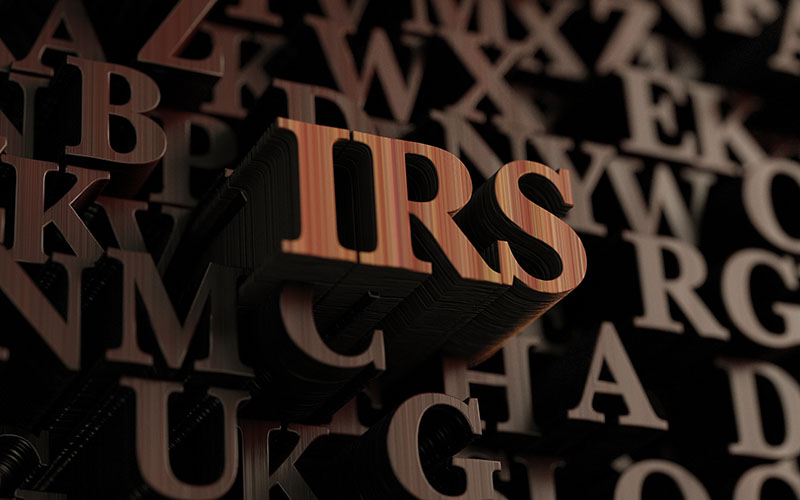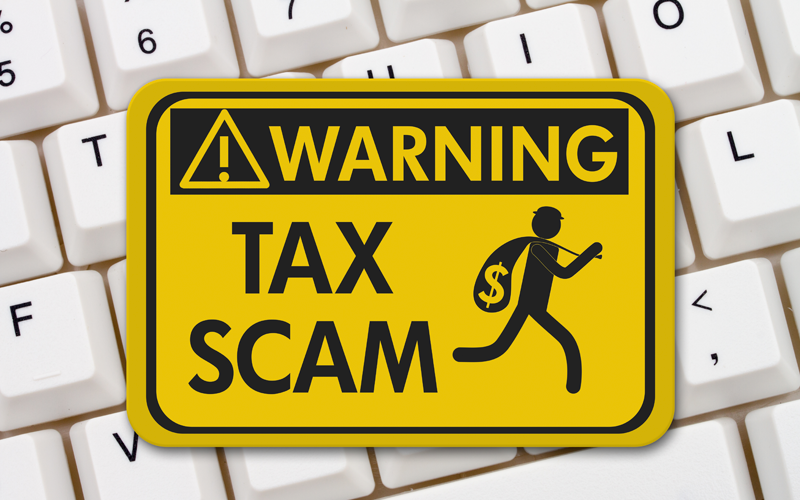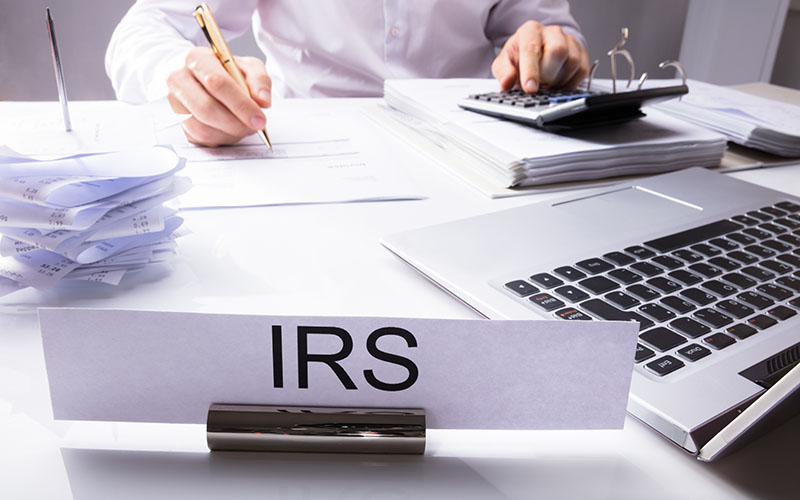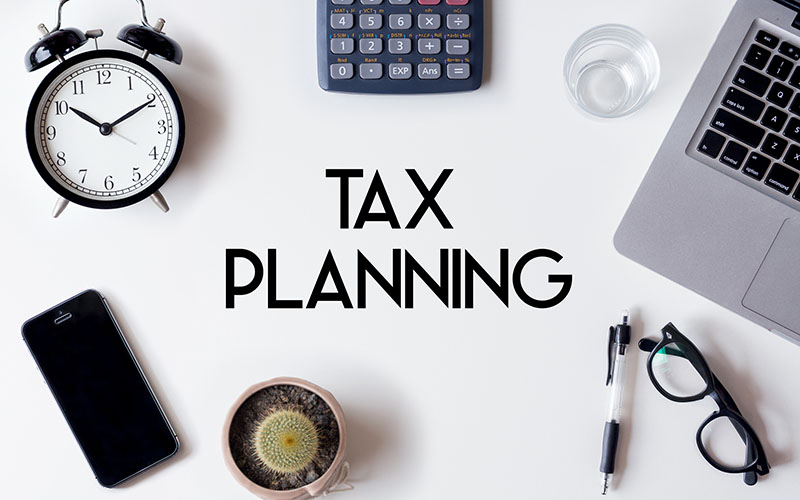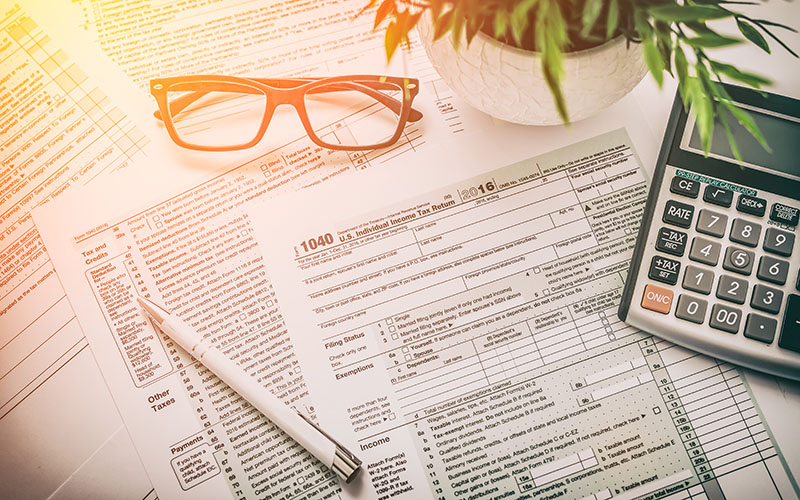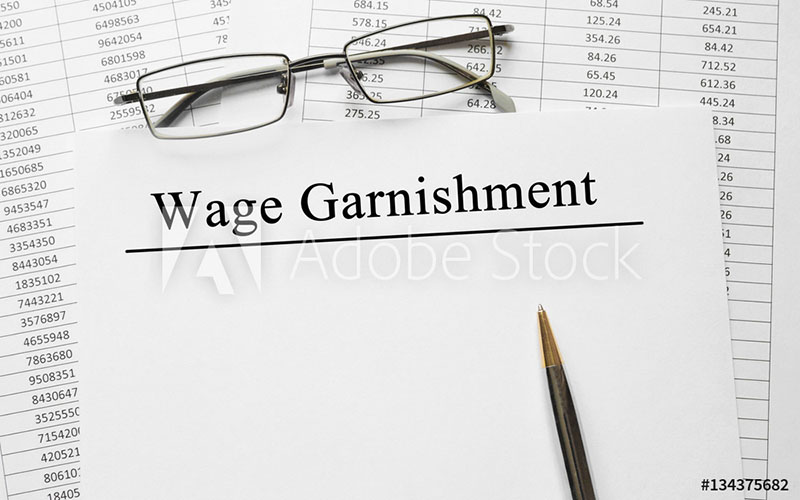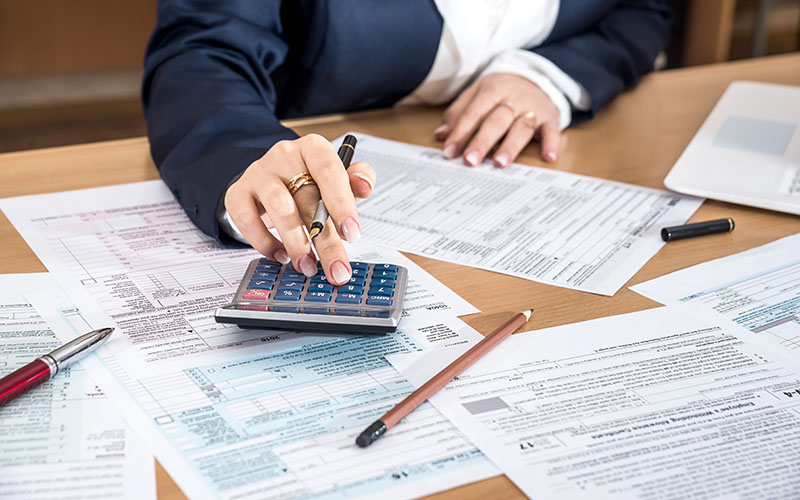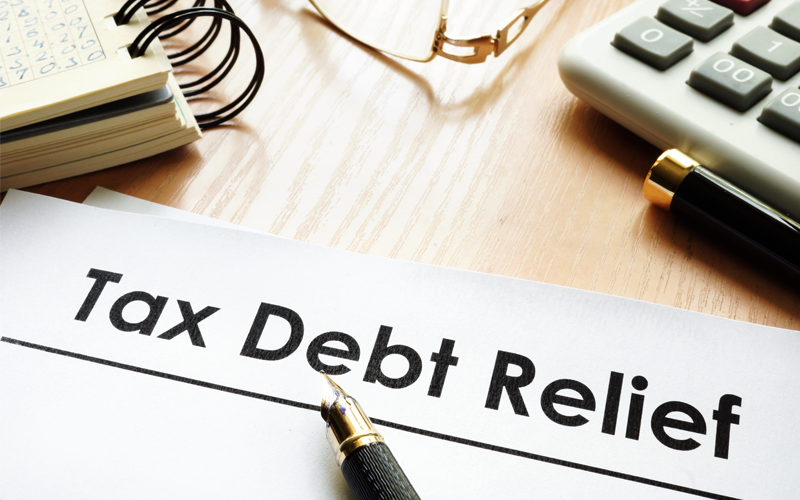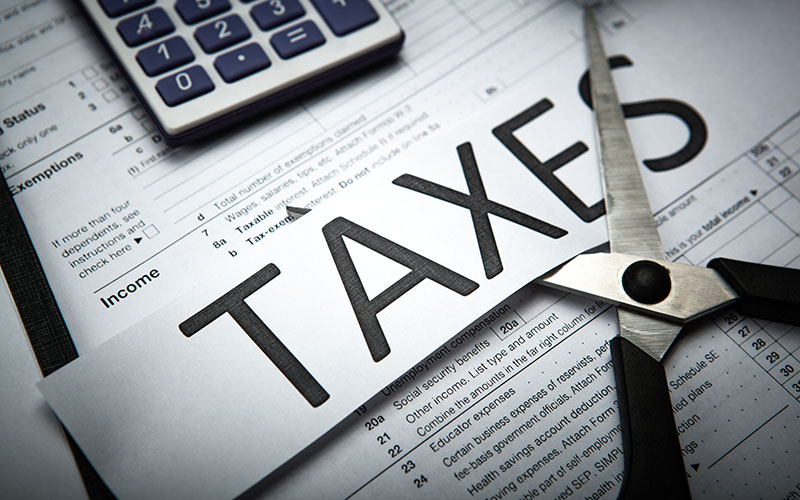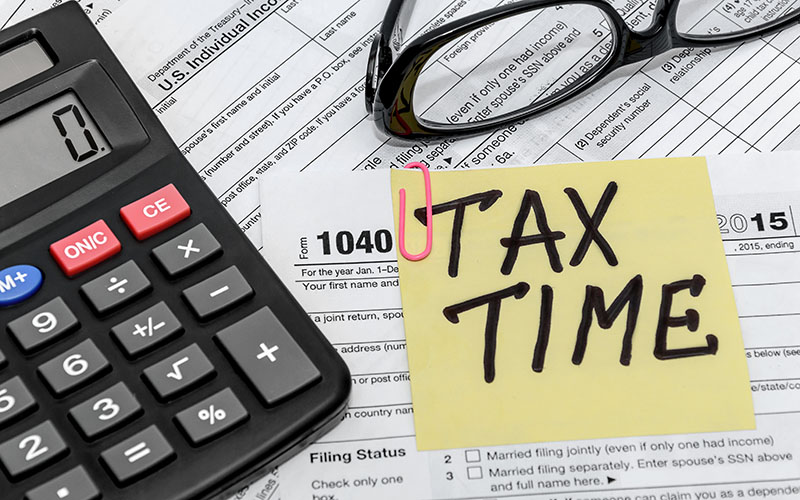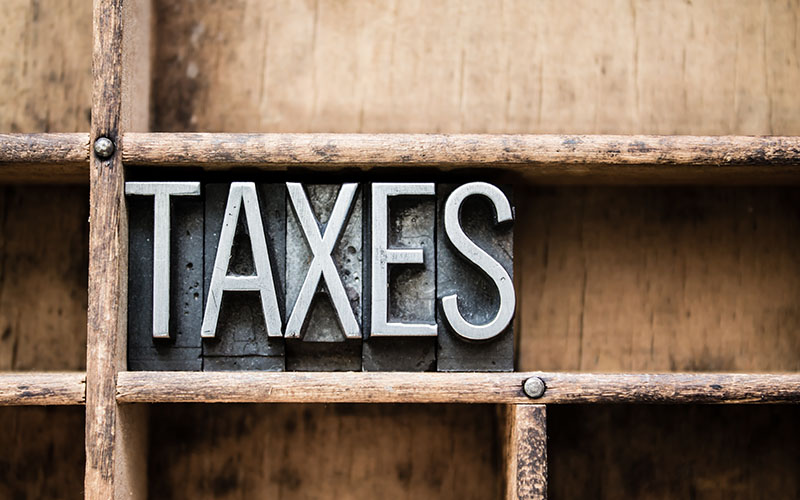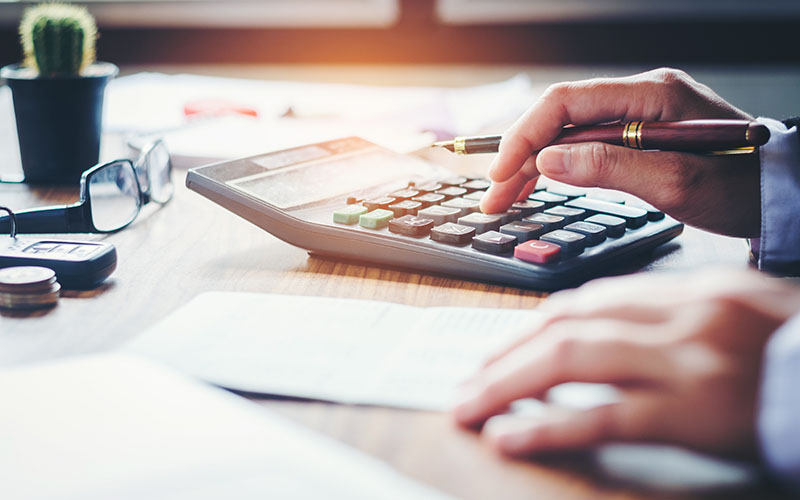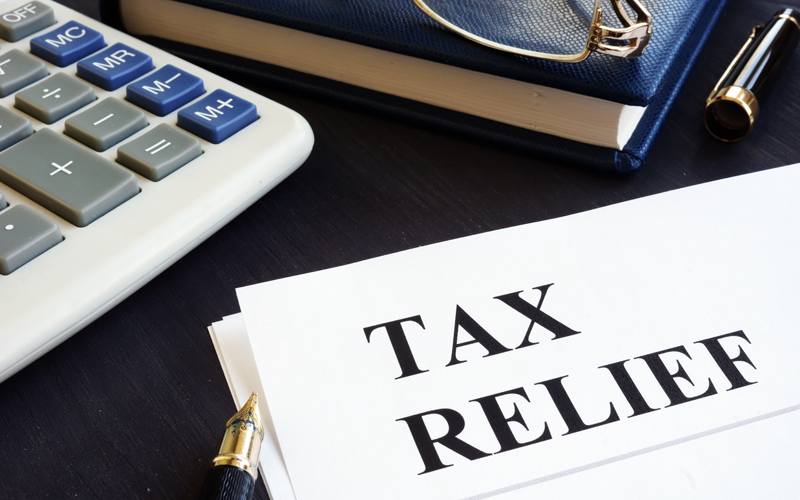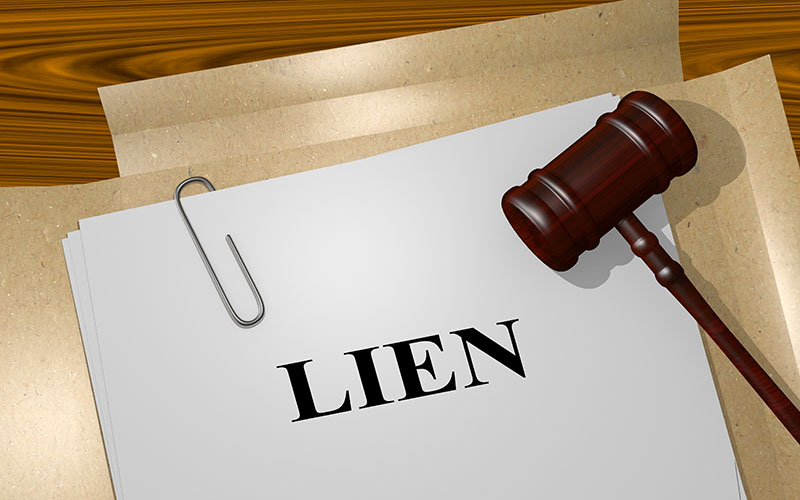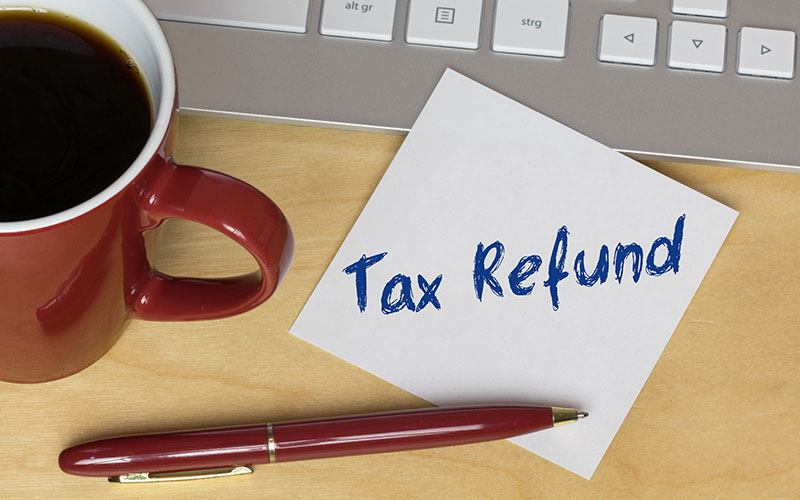The BIG Problem with the IRS Private Debt Collection Program
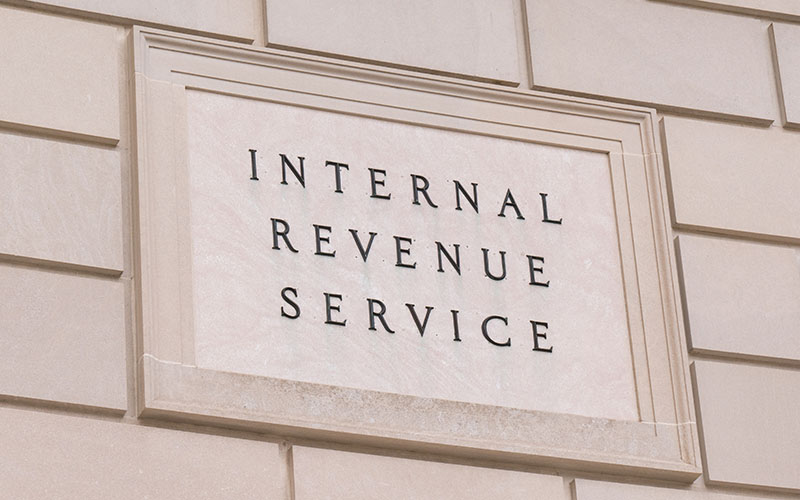
Why The IRS Uses Private Debt Collectors & What You Can Do If One Contacts You
Collecting unpaid taxes costs the IRS a lot in time and resources.
In 2018, the New York Times reported it cost the agency $20 million to collect just $6.7 million in unpaid taxes.
Finding an option that allows the IRS to not waste its time and resources tracking down people who don’t want to be found while also bringing in some of those unpaid taxes seems like a logical idea. The IRS gets some of its money while also wasting less in finding delinquent taxpayers.
That’s where private debt collectors come in.
But since the advent of the private debt collection program for the IRS in 2015, the agency has discovered that the program gets mixed reviews.
What Is Private Debt Collection?
Private debt collectors are for-profit businesses that call debtors and attempt to collect on what’s owed.
These companies have been used for years in the consumer debt industry, such as credit card companies or medical debt. It’s only been recently that the IRS has started using these agencies.
The IRS has authorized four private collection agencies - CBE, ConServe, Performant, and Pioneer - to collect on their behalf.
These agencies receive lists of names from the IRS, then call those debtors and attempt to collect.
Why Does The IRS Use Private Debt Collectors?
In 2015, the Fixing America’s Surface Transportation (FAST) Act required the IRS to begin using private debt collectors in an effort to collect on overdue accounts.
These private debt collectors are most likely to contact those taxpayers with “inactive” delinquent debts. An account can be labeled as “inactive” for a few reasons, including:
- Lack of resources
- Inability to locate the taxpayer
- More than a year has passed from the taxpayer’s last communication with the IRS over the unpaid debt
Your account can be removed from the IRS’s active case list for any of these reasons and turned over to a private debt collector.
Once the private debt collector has your information, they contact you directly and notify you of the attempt to collect on the unpaid debt. You also should receive written notice from the IRS that your account is being transferred to a private collection agency.
The collection agencies are supposed to adhere to the Fair Debt Collection Practices Act and be “courteous and respect taxpayer rights,” according to the IRS.
3 Reasons The IRS’s Use Of Private Debt Collectors Is Problematic
While the IRS’s use of these private collection agencies is meant to increase revenue and decrease the time and money the IRS spends collecting on old debts, the plan is not as great as it seems on first blush.
Here are 3 reasons the IRS’s use of private debt collectors is problematic, both for the agency and for taxpayers:
1. Costs The IRS Money
Having an outside agency with the time and resources to track down taxpayers with long-overdue accounts should bring more money to the IRS, right?
However, that isn’t how revenue under private collection agencies has worked in reality.
Debt collection is a business, just like any other enterprise, and the companies collecting on behalf of the IRS want to make their money.
To turn a profit, they charge a commission on all money they collect, up to 25 percent of their income. So if a private debt collector gets $1,000 from a taxpayer, the debt collector keeps $250.
But the taxpayer really owed the IRS $1,000, meaning the IRS lost out on $250.
A similar amount of money, or more, could have been collected directly from the taxpayer through another tax debt relief option, such as an Offer in Compromise or an installment agreement.
Yes, it takes the IRS significant time and resources to find debtors and collect on some older debts, but if the IRS receives the full amount of money, that can at least offset some of what’s been spent. However, the cut that private debt collectors take means less money for the IRS, sometimes putting the agency in the red on accounts.
2. Targets Low-Income Taxpayers
According to the Taxpayer Advocate Service, a large portion of taxpayers targeted by private debt collectors in 2017 were low-income.
Of those contacted by the companies working for the IRS:
- 28 percent made less than $20,000,
- 19 percent had total incomes below the federal poverty limit, and
- 44 percent made less than 250 percent of the federal poverty limit.
The IRS uses 250 percent of the federal poverty limit as an indicator of economic hardship; anyone with an income at or below 250 percent of the federal poverty limit may qualify for special tax debt relief programs.
By targeting these low-income taxpayers using debt collectors - whose calls and letters can be embarrassing and intimidating - the private debt collectors are pursuing those who may not have the means to pay.
If a taxpayer wants to stop the calls and letters but cannot afford to hire representation - or doesn’t know that’s an option for them - they might deplete their savings or take on consumer debt in an effort to pay.
This can have a devastating ripple effect for someone already barely scraping by, leading to further risk of debt and inability to get ahead.
3. Opens The Door For Scammers
In recent years, phone scammers pretending to be “the IRS” have run rampant.
These scams have cost individuals millions of dollars, and certain populations, such as the elderly, are especially susceptible. They can be financially ruinous for those who already don’t have a lot of money.
By adding in extra entities that can call and say they’re “contractors” for the IRS, unsuspecting taxpayers can be tricked into paying someone who isn’t actually authorized to collect for the IRS.
This higher likelihood of scams makes people distrustful of the private collection agencies actually working on behalf of the IRS, meaning they’re less likely to settle their real tax debt and may increase any penalties and fees on the taxpayer.
What To Do If You’re Contacted By A Private Collection Agency
If your tax debt account is deemed one of those “inactive” accounts that can be turned over to a private debt collector, you don’t have to pay the collections agency right away.
Here are four things you need to know if you’re contacted by a private debt collector about your unpaid taxes:
Know Your Rights
As a taxpayer, you have the right to contest your tax bill if you believe it is incorrect. You also have the right to request a special payment agreement - an Offer in Compromise, an installment agreement, or Currently Not Collectible status, for example - instead of immediately paying the entire bill.
You also do not have to pay the collection agency directly.
You can choose instead to pursue repayment with the IRS, especially if you feel there’s something fishy about the private debt collector that has called you.
Deal With The IRS Directly
Even though your account has been turned over to a private collections agency, you can still directly pay your debt to the IRS.
Working with the IRS to repay your debt is important if you’re requesting special payment arrangements or if you want to dispute the amount you’re being asked to pay. While the private debt collectors can offer installment agreements, sometimes the agencies offer longer payment terms than are legally available to the IRS.
Be sure that any checks you write, whether to the private debt collector or to the IRS, are made out to the United States Treasury and not the debt collector.
Get Representation
You have the right to seek the guidance and counsel of a tax professional, no matter how small your debt.
If you’re contacted by a private debt collector, you may want to reach out to a tax attorney, enrolled agent, or CPA to receive guidance about what you should do regarding your debt.
This professional can help you look over your returns to see if you missed something that could reduce the amount you owe, or can work with the IRS on your behalf to come to an agreement regarding your repayment plan.
Beware Of Scams
If you receive a call from someone claiming to collect debts on behalf of the IRS, be aware of the signs of scams.
Some things to remember about the IRS’s collections process include:
- The IRS and its official private debt collectors will never demand payment in a specific form, such as debit card, gift card, or wire transfer.
- A phone call from a private debt collector will not be the first time you should be notified about your debt. The IRS should have sent you bills and other communications prior to turning your account over to the private debt collector.
- The private debt collector should not recommend that you empty your 401(K) account, take out a second mortgage, or put the bill on credit cards. Recommending these tactics is not authorized by the IRS and should be reported.
- Immediate payment should not be demanded, and you shouldn’t be told you cannot dispute the amount you owe. You always have the right to appeal your tax bill with the IRS.
- The private debt collectors working on behalf of the IRS cannot threaten to bring in local police, immigration officers, or other law enforcement to arrest you. They also cannot revoke your driver’s license, business license, or immigration status.
Conclusion
The IRS’s use of private debt collectors was meant to increase revenue and decrease the amount of time and resources the agency had to put into collecting on delinquent accounts. However, the reality of the program is that less money is actually being collected, low-income taxpayers are being targeted, and it’s opening the doors to more scams than before. Learn more about your tax relief options here.
What is private debt collection?
Private debt collectors are business that attempt to collect owed debt from consumers. The IRS has authorized four private collection agencies (CBE, ConServe, Performant, and Pioneer) to collect on tax debt.
What should I do if I am contacted by a private debt collection agency?
If your tax debt is considered an "inactive" account, you don't have to pay collections right away.
- You have a right to alternative payment agreements (such as an Offer in Compromise, an installment agreement, or Currently Not Collectible status).
- You can pay your debt to the IRS directly
- Reach out to a tax attorney, enrolled agent, or CPA to receive guidance and representation on your best option
How can I spot a scam?
If you receive a call from the IRS, be on the lookout for red flags:
- IRS private debt collectors will never demand a specific form of payment (wire transfer, debit card, etc)
- You should have been notified about your debt from the IRS before receiving a call from a debt collector
- Private debt collectors cannot recommend that you take out a second mortgage, pay the bill with your credit card, or empty your 401(K) account
- Private debt collectors can't demand immediate payment
- Private debt collectors can't threaten to involve police or other law enforcement
Edited by:
Bryan Huynh
•
Product Tester & Writer


